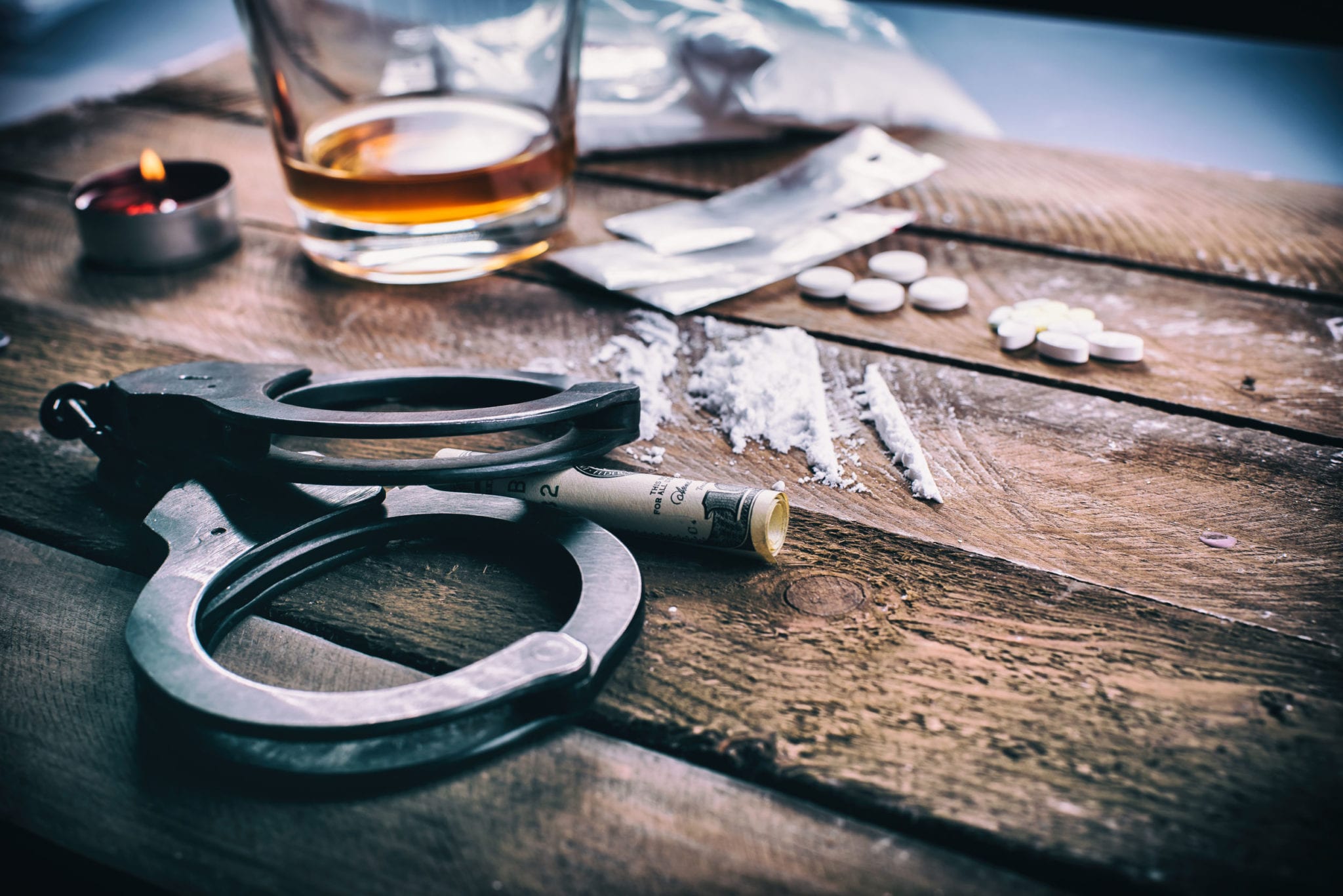
Anybody can become addicted to drugs, whether it’s opioids, meth, or heroin, and as we all well know, any kind of drug or alcohol addiction can impact your judgment. The real problem arises when these issues result in criminal behavior and unwise decisions.
If you find yourself in such a situation, you might be able to pay your penance and turn your life around without serving years in jail.
In Minnesota, you might have the option to deal with your drug charges in a drug treatment court instead of a traditional criminal court.
What are “Treatment Courts” in Minnesota?
Treatment courts, also called drug courts, have been around in Minnesota for over twenty years. The purpose of drug courts is to end the cycle of drug addiction.
The programs within the drug courts focus on treating and ending the behavior, rather than strictly punishing someone for their use of drugs or alcohol by incorporating addiction treatment services in with the justice system proceedings.
Who Qualifies to Enter Treatment Court?
Each court will determine its eligibility a little differently, but all treatment courts have established guidelines for who may qualify.
For example, some courts may allow all substance-only offenses to be seen in treatment court, such as one-time or repeat DUIs or using drugs in public. Other courts may allow for low-level misdemeanors that are connected to substance use to be addressed in the treatment court.
It’s possible, although very unlikely, that some courts may even see and treat individuals who are accused of the sale or trafficking of drugs.
The Special Role Treatment Courts Play
Treatment courts are there to help the addicted individual overcome their addiction and drug-related behaviors. For this reason, it includes a collaborative approach among all parties, including the offender’s “team.”
An Offender’s “Team”
This team might include a social worker, probation officer, mental health professional, and more. The team devises parameters for the suspect to adhere to, such as treatment programs to attend, proven sobriety, meeting frequency, etc.

The Team’s Purpose
The purpose of the team and the frequent meetings is to help you succeed and catch any bad behaviors before they start. This support system is proven to aid in the success of kicking addiction more so than those who go through traditional courts or standalone addiction programs.
Why Treatment Courts Make Such a Huge Difference
As already mentioned, treatment courts and all of those involved with them are there to help you help yourself. This means you will likely see a reduction in terms of probation or an outright dismissal of criminal charges if you graduate from the treatment court.
As you successfully navigate the process, you will be rewarded with fewer meetings and court appearances, praise from the judge, and possibly even some token acknowledging your success.
For those who choose not to comply with the terms of the treatment court, the opposite is true. Eventually, more meetings and court appearances will be required, and continued disobedience will result in jail time.
This is why an opportunity for treatment court should be seen as a privilege, not a right and taken for granted.
Public Impacts of Minnesota Treatment Courts
Drug treatment courts are considered far more effective than fines or imprisonment at ending the cycle of drug use. This has many benefits, such as taxpayer savings and improved public safety.
When successful, the programs that are a part of drug courts also help the addicted individual overcome the substance addiction struggle and get a new lease on life. Some believe that treatment courts are the single most effective resource for getting people with substance abuse disorders out of the justice system for good.
Minnesota Criminal Charges Heard in Treatment Courts
Drug courts are generally much more cooperative whereas typical criminal courts are more adversarial. You won’t see the prosecutor yelling and pointing fingers at the defense counsel in treatment court.
Instead, all parties try to work together for the best outcome of all individuals involved, including the offending addict.
A key component of your success upon admittance to a treatment court is your defense counsel. Remember, you have no fewer rights simply by choosing to be heard in a treatment court. Your attorney is there to protect those rights as they would in any other court.
For this reason, your representative should be someone with valuable background knowledge on substance abuse and mental health.

The right treatment court attorney will guide you through the process, ensure your rights are not violated and work with all parties involved in securing your best options for managing charges and getting you the best quality of care.
About the Author:
Christopher Keyser is a Minneapolis-based criminal and DWI defense attorney known for fighting aggressively for his clients and utilizing innovative tactics to get the most positive results. He has been featured in numerous media outlets due to the breadth and depth of his knowledge and recognized as a Minnesota Super Lawyers Rising Star (2014–2015), a Top 100 Trial Lawyer (2013–2015), and a Top 40 Under 40 Attorney (2013–2015).





